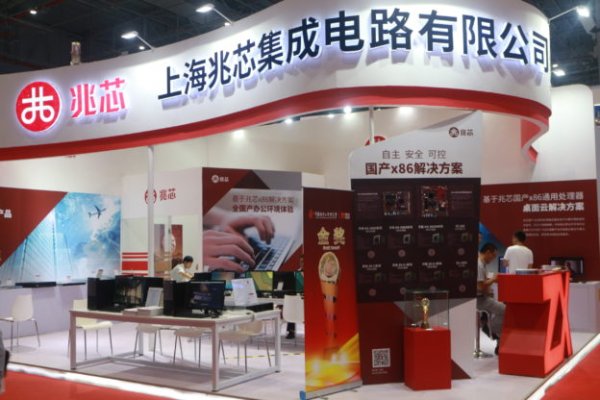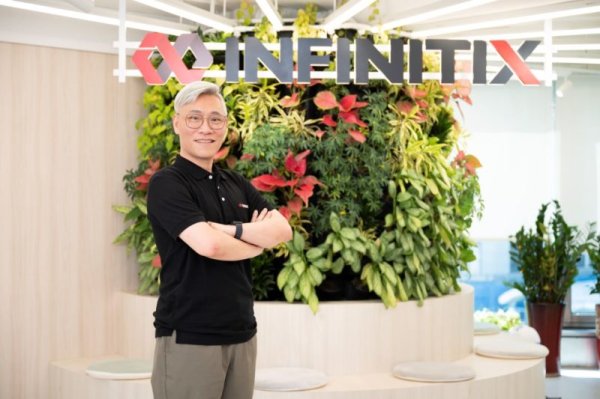Moore s Law can t hold on anymore? AI becomes the ultimate savior of chip design

As Moore's Law gradually expires, the semiconductor industry is facing design challenges. Engineers and designers are beginning to seek new solutions to integrate artificial intelligence (AI) technology into the chip design process.
Samsung is adding AI technology to its memory chips to enable in-memory processing, save energy and accelerate machine learning. Google's TPU V4 AI chip has achieved significant growth in processing power, showing the potential of AI in the semiconductor field.
According to Heather Gorr, senior product manager at MathWorks, AI plays an important role in all stages of wafer design, including the design and manufacturing process. AI can not only help detect defects, but also perform anomaly detection and fault mitigation during the design process. Gorr pointed out that the application of AI also includes the analysis of historical data to identify potential problems in the production process, which makes the design and manufacturing process more efficient.
The benefits of using AI for chip design are obvious. The traditional physical modeling process is very time-consuming, and AI can simplify this process by creating alternative models, saving computing time. This approach not only improves efficiency but also reduces costs, especially during the experimental and design stages, enabling extensive simulation and testing without actual manufacturing.
However, Gorr also mentioned that AI models require multiple verifications and iterations to improve accuracy. Additionally, building these models requires data from different sensors and teams, which adds to the challenge.
In the future, AI will free up human resources so that engineers can focus on more advanced tasks. Gorr believes that the cooperation of AI and humans will become an important trend in the semiconductor industry because all participants need to have a certain understanding of the process. She predicted that future chip design will rely more on human participation and interpretive models, and emphasized the importance of transparency and information sharing in the design process.
How AI Will Change Chip Design Introduction to AI in the Semiconductor Industry How AI is Revolutionizing the Semiconductor Industry in 2025 How AI is Radically Advancing Semiconductor Manufacturing [2025] How AI in semiconductor manufacturing is transforming chip design Powering Efficiency: AI Transforms IC Manufacturing As ICs Fuel AI Princeton will lead U.S. effort to design better chips for wireless communication Further reading: IBM manufactures Loon quantum chip, reaching milestone of building quantum computer by 2029 A brief discussion on chip design trends: GPU becomes a new battlefield Is AI about to be replaced? Quantum computing is about to explode, and technology overlords are betting on the next trend MIT develops power-saving AI chip: imitating human brain synapses, greatly improving energy efficiency



